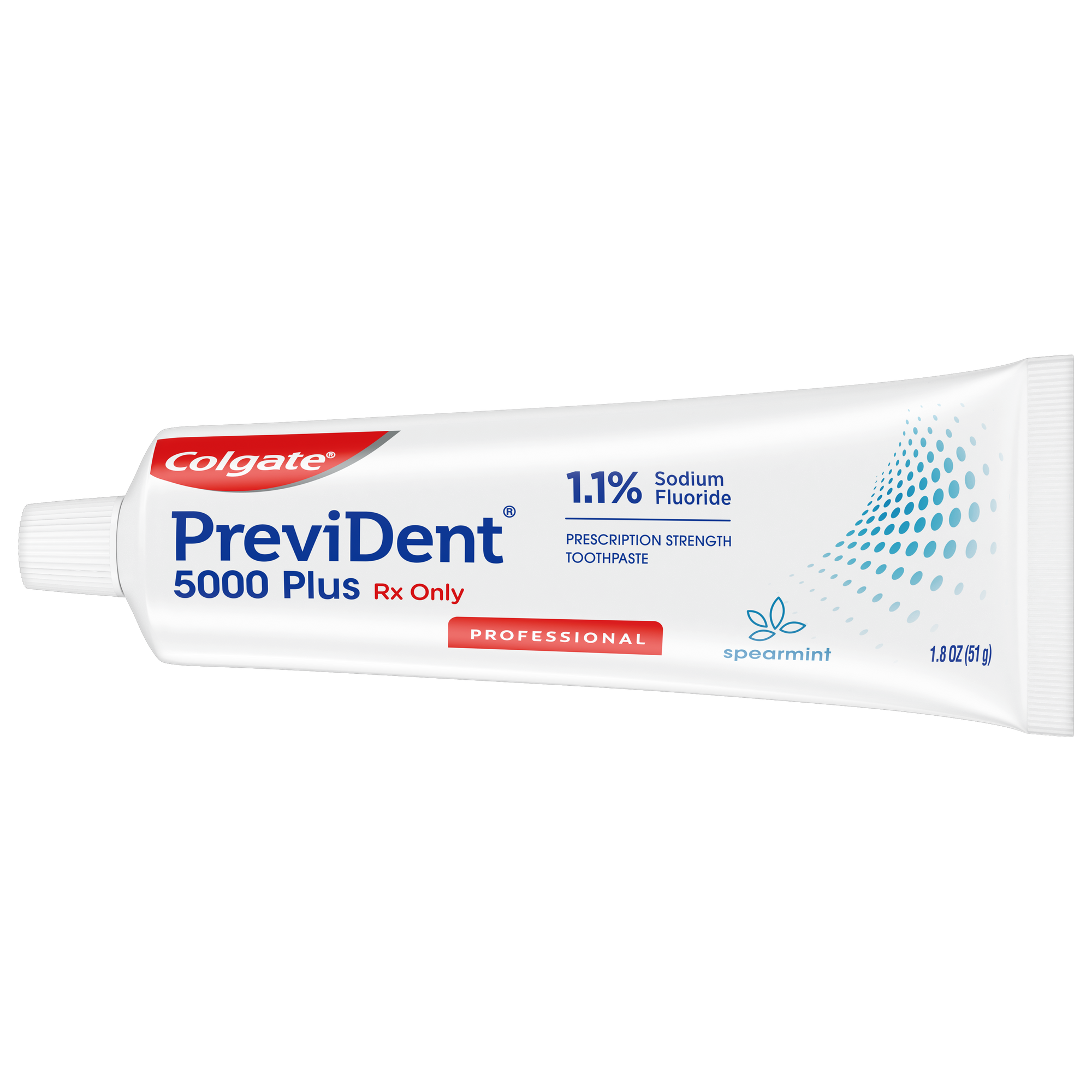-
-

FLUORIDE
What Is Stannous Fluoride Toothpaste?Discover what is Stannous Fluoride Toothpaste and its importance to prevent cavities and other oral health problems.

TEETH WHITENING
Whitening toothpaste - hydrogen peroxide vs. carbamide peroxideIf you lose one or more of your front teeth due to injury or decay, you may feel ...
-
Science & InnovationOral Health Commitment
- Oral Health Commitment
- Bright Smiles, Bright Futures
- Educational Resources
- Mobile Dental Van
- Volunteer
- ORAL HEALTH CHECK
- PRODUCT MATCH
- Oral Health and Dental Care | Colgate®
- Oral Health
- Scarlet Fever Tongue: Symptoms, Risks And Complications


If you hear your 4-year-old complaining, "My tongue hurts," you'll naturally be worried and wonder what's causing the pain. You're probably familiar with the disease scarlet fever, but did you know that one of its symptoms is a rash on the tongue? Find out what's causing this rash and how to help your little one go back to feeling their best again.
How Does Scarlet Fever Affect the Tongue?
Scarlet fever is an infection that can develop in people who have strep throat. Alongside a rash that looks like sunburn and feels like sandpaper that spreads over the face, neck, trunk, arms, and legs, your little one's tongue might develop a white coating. This is an early sign of scarlet fever on the tongue. Eventually, the tongue will turn bright red, and red bumps will appear. This condition is also known as "strawberry tongue." Your child might develop a sore throat and have difficulty swallowing. So does this mean you can get strep on your tongue? Essentially!
Note that strawberry tongue isn't only caused by scarlet fever, so it's important to visit a doctor to get diagnosed as soon as you see any signs.
What Are the Causes or Risk Factors?
The type of bacteria that causes strep throat can also cause scarlet fever. The bacteria release a toxin that produces the rash and red tongue.
According to the Centers for Disease Control and Prevention, scarlet fever is more common in the winter and spring and usually affects kids between the ages of 5 and 15.
The most common risk factor is coming into close contact with someone who already has scarlet fever. That's why crowding, for instance, in schools or daycare centers, can increase its spread.
When to See Your Doctor
The Mayo Clinic advises that take your child to see a doctor if your child has a sore throat along with:
- A fever of 102 F or higher
- Swollen or tender glands in the neck
- A red rash
Scarlet fever is usually treated with a round of antibiotics prescribed by your doctor. While it's easily cured with antibiotics, it can have serious long-term effects if left untreated. It can spread to the tonsils, lungs, skin, kidneys, blood, and middle ear. Rarely, untreated scarlet fever can lead to rheumatic fever.
It's normal to feel concerned if you suddenly see a rash on your child's tongue. But now that you know what to look out for, you should feel confident about seeing a doctor, so your child feels better as soon as possible!
This article is intended to promote understanding of and knowledge about general oral health topics. It is not intended to be a substitute for professional advice, diagnosis or treatment. Always seek the advice of your dentist or other qualified healthcare provider with any questions you may have regarding a medical condition or treatment.
Related Articles

Mouth sores and infections
8 Common Oral InfectionsOral bacteria can cause viruses, tooth decay, gum disease and other common mouth infections in both children and adults.

Mouth sores and infections
Apical Abscess: Symptoms, Diagnosis And TreatmentAn apical abscess is one of the most common types of dental abscesses. Find out more about the symptoms, diagnosis, and treatment of apical abscess, here.

Mouth sores and infections
How Blisters in Mouth Tissue Occur and How to Treat ThemFinding blisters in mouth tissue isn't unusual; it can occur in all age groups and for a variety of reasons. It is therefore important for you to identify the contributing factors for your specific condition. In certain instances, these lesions can be contagious or pose a greater risk for infection.These ulcers can occur on the lips, tongue, gums, inner cheeks, roof or floor of the mouth, and they can arise from tissue trauma, non-communicable illness or something very often transmitted.

Mouth sores and infections
Geographic Tongue: Causes, Symptoms And CareHave you ever looked at your tongue in the mirror and thought you were looking at a road map of Florida? Or maybe on another day it looked more like Pennsylvania. You may have a condition called geographic tongue. Don't be alarmed, though. This benign condition is not a threat to your health.Here are some interesting facts about this disorder (also referred to as migratory glossitis or wandering rash of the tongue) that you should know.
Related Products
Prescription Products

Colgate® PreviDent® Oral Rinse is prescription-strength, with extra fluoride to help decrease cavities for people who have trouble brushing.
Prescription Products

Colgate® PreviDent® Varnish is an in-office treatment for sensitive teeth. Contact your dentist today!
Prescription Products

Colgate® PreviDent® 5000 Booster Plus is a high fluoride prescription strength toothpaste for unsurpassed remineralization. Contact your your dentist today!
Prescription Products

Colgate® PreviDent® 5000 Plus Prescription Toothpaste delivers 4x the fluoride than over-the-counter toothpastes & rinses. Contact your your dentist today!

Helping dental professionals
More professionals across the world trust Colgate. Find resources, products, and information to give your patients a healthier future




